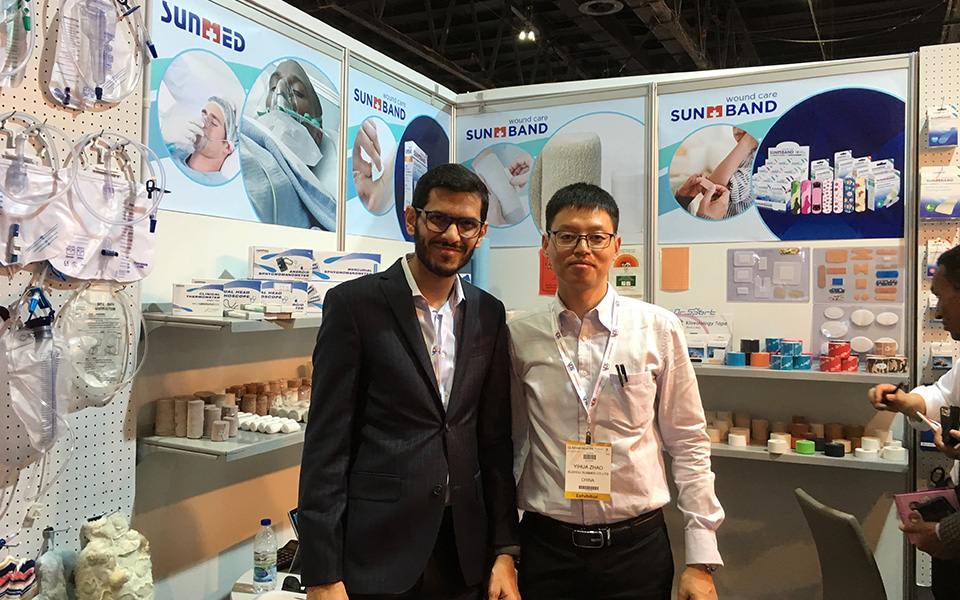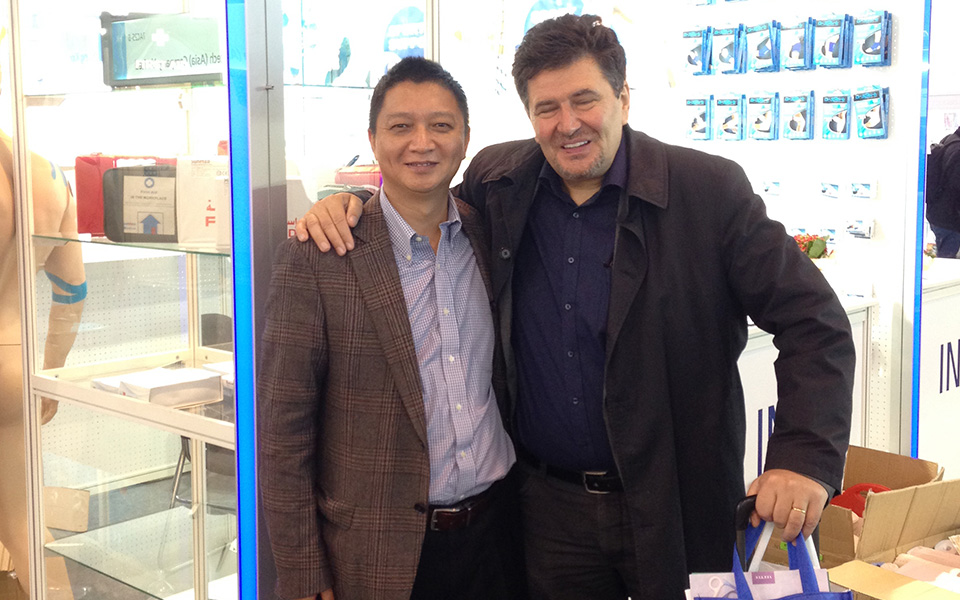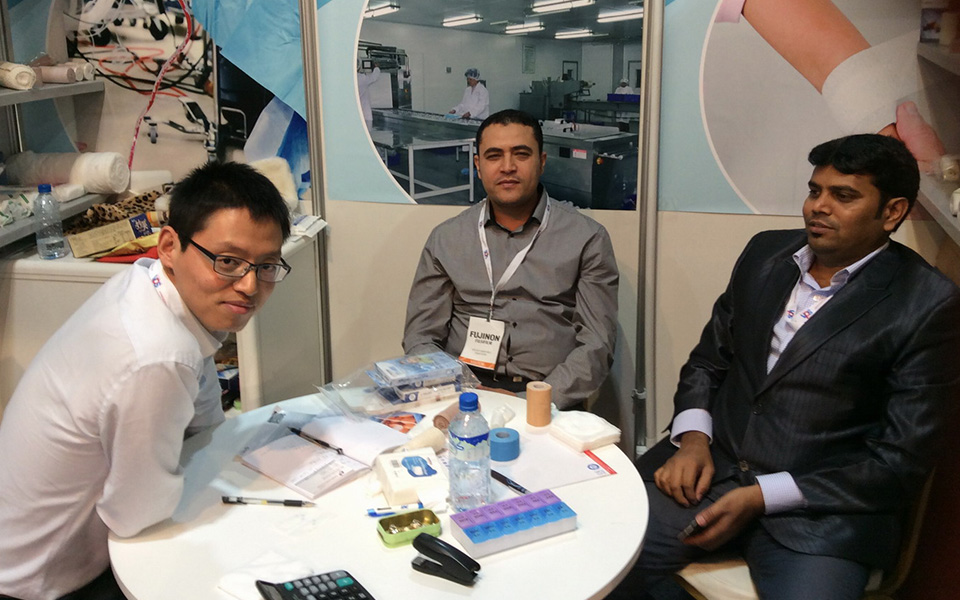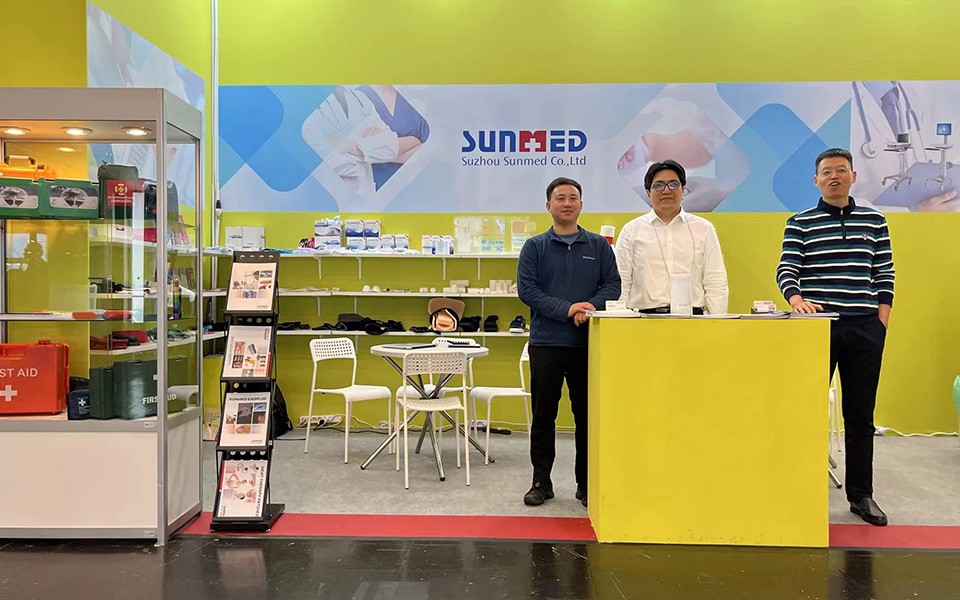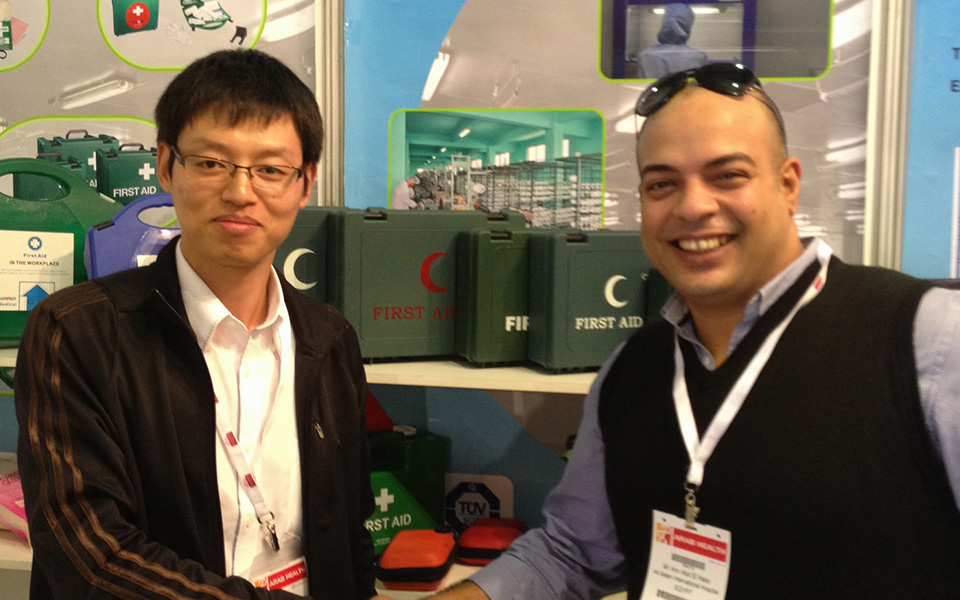How do you ensure the leak-proof integrity of hot water bags, especially during repeated use and handling?
Ensuring the leak-proof integrity of
hot water bags is crucial for their safe and effective use. Here are several measures that manufacturers typically take to achieve this:
High-Quality Materials: Start with selecting high-quality materials for constructing the hot water bags. Durable materials such as rubber, silicone, or PVC are commonly used due to their flexibility, resistance to punctures, and ability to withstand repeated use without degradation.
Seam Sealing: Pay close attention to the seams of the hot water bags during the manufacturing process. Employing advanced sealing techniques, such as heat sealing or ultrasonic welding, ensures that seams are securely bonded and less prone to leaks, even with frequent handling and manipulation.
Quality Control Inspections: Implement rigorous quality control inspections at various stages of the manufacturing process. Inspect each hot water bag for defects, including weak spots, punctures, or imperfections in the material, to identify and rectify potential issues before they affect product integrity.
Pressure Testing: Conduct pressure testing on a sample of hot water bags to simulate real-world conditions and verify leak-proof performance. This involves filling the bags with water or air and subjecting them to elevated pressures to assess their resistance to leakage under stress.
How do address concerns related to microbial growth or contamination in hot water bags?
Addressing concerns related to microbial growth or contamination in
hot water bags is essential to ensure their safety and hygienic use. Here are several strategies to mitigate these risks:
Material Selection: Choose materials that are resistant to microbial growth and easy to clean. For example, silicone and PVC materials are less porous and more resistant to bacterial growth compared to rubber. Ensure that selected materials are non-toxic and comply with relevant safety standards.
Antimicrobial Additives: Consider incorporating antimicrobial additives into the material composition of hot water bags. These additives, such as silver ions or copper compounds, can help inhibit the growth of bacteria, mold, and mildew on the surface of the bag.
Smooth and Non-Porous Surfaces: Design hot water bags with smooth and non-porous surfaces that are easy to clean and disinfect. Avoid textured or rough surfaces that can harbor bacteria and make cleaning more challenging.
Sealed Construction: Ensure that hot water bags are constructed with sealed seams and closures to prevent moisture and contaminants from entering the interior of the bag. This helps maintain the integrity of the contents and reduces the risk of microbial contamination.
Easy Cleaning and Maintenance: Provide clear instructions for cleaning and maintaining hot water bags to prevent microbial growth. Recommend using mild soap and water for regular cleaning and disinfecting the bag periodically using disinfectant solutions or wipes.
Removable Covers: Consider designing hot water bags with removable and washable covers or sleeves. This allows users to easily clean and sanitize the outer surface of the bag, reducing the risk of cross-contamination and ensuring hygienic use.
Storage Recommendations: Provide guidance on proper storage practices for hot water bags to minimize the risk of contamination. Store the bags in a clean, dry, and well-ventilated area away from direct sunlight and sources of heat or moisture.

 English
English Español
Español русский
русский Français
Français Deutsch
Deutsch


















